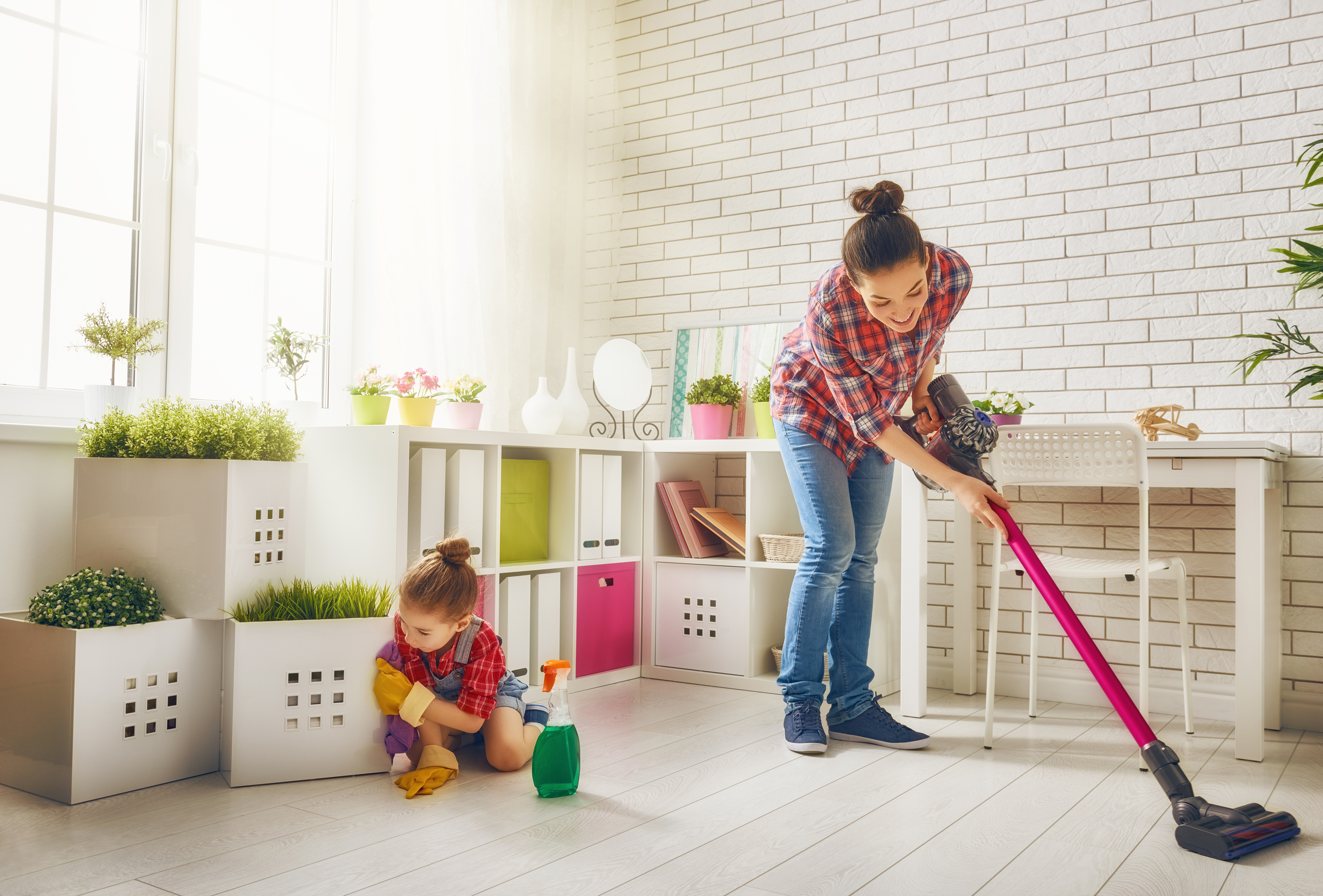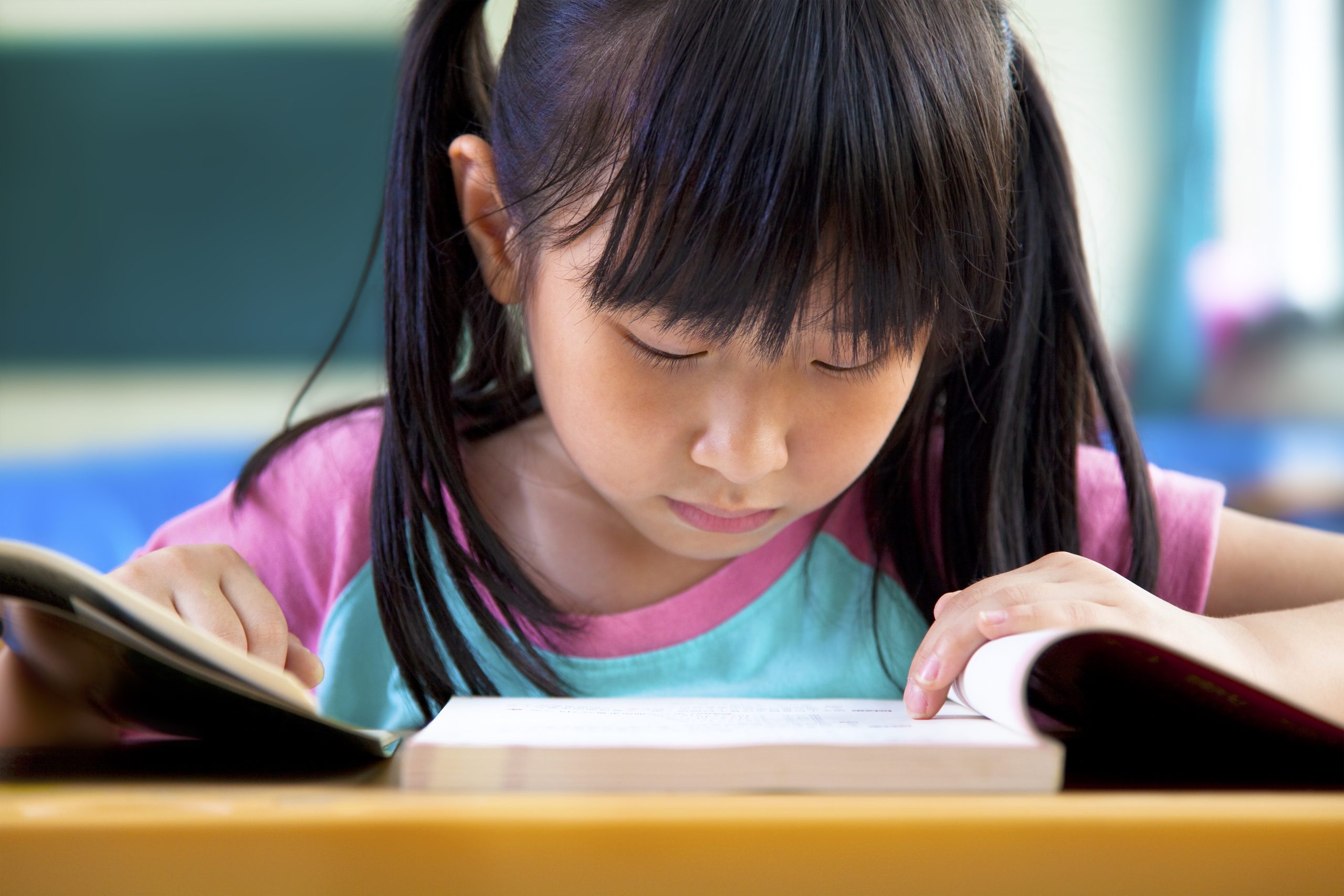Parents ought to work with their children as well, extending the lessons the kids learn in school and bringing them into the atmosphere at home.
It’s funny how the imminent end of an era gets you thinking about its beginning. A couple weeks ago, I graduated high school, and in the final month leading up to the commencement ceremony, my friends and I took every opportunity to reminisce on our younger days, harkening back on times both recent and long gone.
We talked about our four years of high school, the journey we took freshman through senior years. We talked about how people had changed – how that one pompous and airheaded girl from junior high had somehow grown more bearable, and how the guy that always kept his head down, quiet and skinny and unnoticed, became the class heartthrob. We talked about how the people you never noticed in the back of the classroom became jokesters and pranksters and about the ones who ended up getting in with the wrong crowd.
We talked about those things. But far more interesting to us, far more fascinating and memorable and honest-to-god nostalgic, were our childhood days.
We talked of snack times and bubble gum science labs, after-lunch recess and PE class, school dances and field trips. Stories of our favorite teachers, classes, and elementary school memories floated through our conversations, but more than anything, we talked about the educational activities of our youth – a far cry from the piles of homework and tests and quizzes characteristic of high school.

Copyright: William Perugini
When we’re young, school is fun and exciting. It’s coloring and singing and dancing, a hodgepodge of shapes and colors, numbers and letters. As we get older, we think back to these simpler times, yearning for when school was lively and cheerful, and had nothing remotely similar to the derivatives, metaphors, and equilibrium constants that fill our high school notebooks. It seemed that back then, there was little “educating” going on.
But far from being the idle and inconsequential activities we remember them to be, the tasks that made up primary school were critical to laying our foundation – building blocks we later need do well in secondary school, university, and life. In fact, one could even argue that in some ways, there was more “educating” happening in elementary school than in middle and high school combined.
However, the activities in school, while significant, aren’t enough. Parents ought to work with their children as well, extending the lessons the kids learn in school and bringing them into the atmosphere at home. There are many ways caretakers can do this, helping not only their children but themselves as well:
Song Swap
Virtually everyone is familiar with the collection of songs in the preschool child’s repertoire – “Row, Row, Row Your Boat,” “The Wheels on the Bus,” “The Itsy Bitsy Spider,” “Twinkle, Twinkle Little Star,” etc. So why not switch it up a little bit? Give the songs a bit of a twist the next time you sing them to or with your kids: instead of the wheels on the bus, sing about the wheels on the train; instead of the itsy bitsy spider, make it the itsy bitsy ladybug. This will develop the child’s listening – does she notice when you use a different word – and memory skills – does he remember to substitute the new word each time it comes up?

Copyright: Dragon Images
Simon Says, I Spy, the Opposite Game, etc.
Games like these exercise a child’s ability to focus, pay attention, and think flexibly, among other things. When the child realizes that a command wasn’t preceded with “Simon says”¦” she develops her ability to concentrate and listen; when he looks for something that is the color green in a game of “I Spy,” he works on categorizing and matching.
Sorting Games During Cleanup
Cleanup is a chore abhorred by most, but especially by children. One good way to make it easier on the parents while making it more enjoyable for the kids is by playing sorting and matching games while cleaning. You could suggest picking up toys that are green first, or putting away the red shirts after the blue ones. This way, children learn to focus and think critically while having fun doing a necessary duty.

Copyright: Yuganov Konstantin
Singing Songs while Waiting in Line
Boredom: enemy number one of parents and babysitters everywhere. To prevent children from acting out and becoming too wild while they’re standing by, caretakers can sing songs with the kids – incorporate the song swap game, too! Children who learn to have tools to manage their behavior will be more successful in the future because they can pursue their goals with less frustration.
The activities we partake in when we’re young are integral in helping us lay the groundwork for future achievements. Parents can help by expanding upon the lessons their children learn in school and mixing them into their everyday routines, and there are many games and tasks that will teach key life skills, such as self-control, focus, and critical thinking. Making them a part of daily interaction will aid not just the kids, but caretakers as well!

















